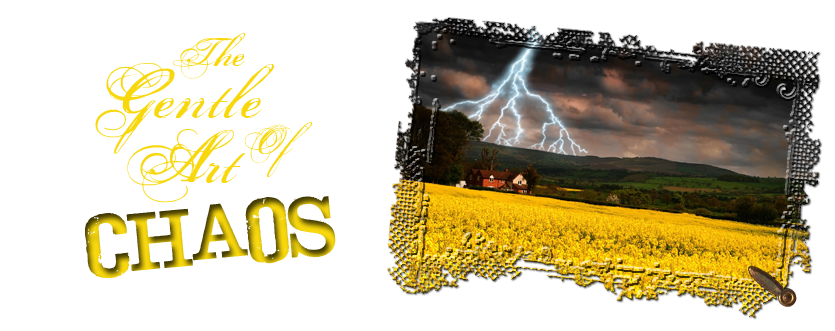....or the continuing saga of how I'm trying to figure it all out.
So, we're a Charlotte Mason family. We're supposed to spend lots and lots of time outdoors interacting with nature. Only I live in Texas and during the summer it's hot. Ridiculously hot. So hot that after 5 minutes outside everyone is begging to come back inside. We are all very thankful for air conditioning and fans! Our seasons of outdoor time are consequently flipped. We spend a lot of time inside during the summer and more time outside during the fall, winter and spring. Three of the five of us home during the day also have allergies to all growing things outside. I tend to avoid pollen whenever possible.
And therefore we do lots of science in the house. Ms. Mason would probably shake her head at me, but it is what it is. We do, for the most part, use living science books and lots of hands on experiments. I've been known to use (okay, I've tried to use) textbooks. The Christian Kids Exploring whatever books didn't work for us. I wanted to poke my eyes out with the Exploring Creation With ______ books and my kids ASKED me to stop. (more on that in another post)
After several years of trying to make those books and others work we finally settled on something that fits our style. Is it the best way to do science? Probably not. Is it strictly Charlotte Mason? Not really. Do my kids love it and look forward to science every day? Yes. Success!!!!
I made a list of subjects I wanted to cover in the elementary years (basically before 7th grade). We take turns picking a subject and then check out lots of books and movies about the topic and throw in some hands-on experiments/crafts/whatevers and we're set. Sometimes it takes a few weeks, others a few months. We just go until we're ready to move on. Since I have 3 school-age kids they each take a turn picking and the fourth pick is mine.
We do use the Real Science 4 Kids books - we all love those. You can see how we use them here. For the rest I pick a 'spine' or guide book for a subject, one that is fairly comprehensive for the subject and then we add in whatever we can find at the library. I have started buying most of the spines I want because we have always lived in book-poor library areas and often can't find many good living books. Being the book snob that I am I like to own at least one or two good books on any given topic that we're studying (I typically buy them used though). But you don't have to be a snob like me. You can use the library and inter-library loan.
These are the topics we're going to try to hit over the next few years, hopefully at least twice, at different levels:
Dinosaurs - because we have a houseful of boys
Physics (using the Real Science 4 Kids books)
Sound and Light
Electricity and Magnetism
Forces and Motion
Simple Machines
Chemistry (again, using the RS4K books)
African Savanna
Ponds (including reptiles and amphibians)
Sonoran Desert
Rocks and Minerals
Woods (forests and mountains and all things in them)
Human Body
Tropical Rain Forest
Weather (including natural disasters)
Astronomy
Oceans and Coral Reefs
Caves
Arctic Tundra
Swamp, Wetlands and Grasslands
Backyard (including birds and insects)
Farms (animals and crops)
Technology and Inventions
Community (like 'where does garbage go' and such)
We usually do animal study as relates to the specific area. If we were studying the ocean, for example, we'd study jellyfish, whales, sharks, etc.
What have I missed???? I'm sure there is something I forgot. Or somethings.
Some of these we've already done and I'll post about them soon. Others we have yet to hit. For now, this is working for our family. What works for yours?


sounds like a great plan!
ReplyDeleteI love exploring science, but DISLIKE the textbook sciences for high school and feel like there must be a better way!
Leanne
I started posting a comment on what we do and it got longer and longer, so I went to my own blog and blogged about it instead! So if you're curious http://whwhhow.blogspot.com/2009/11/science-how-we-do-it.html Otherwise, sounds brilliant! Well done.
ReplyDelete